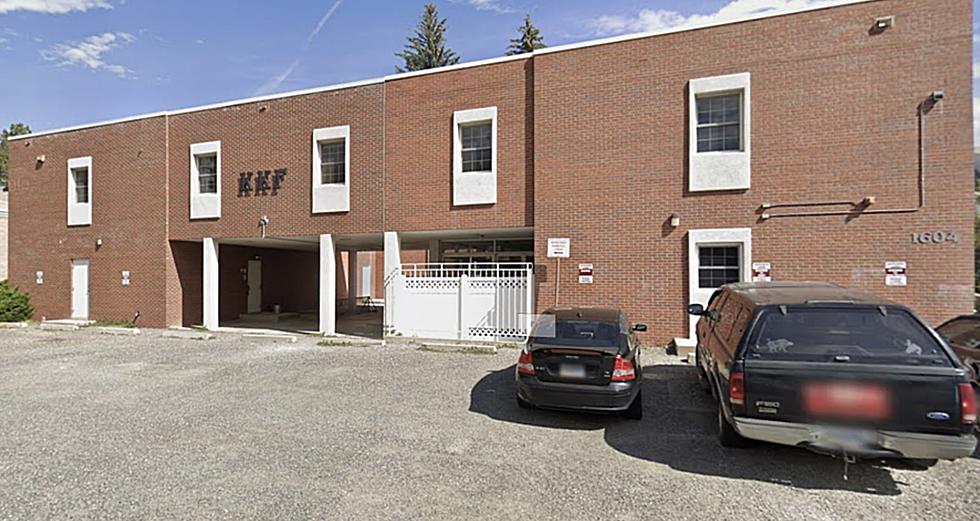
Groups Sue Over Elk Feeding in Wyoming, Citing Disease Issue
CHEYENNE, Wyo. (AP) — Environmental groups sued Monday to ramp down feeding of elk at a Wyoming wildlife refuge, saying the practice encourages disease.
The Sierra Club, National Wildlife Refuge Association and Defenders of Wildlife filed the lawsuit in U.S. District Court in Washington, claiming that feeding alfalfa pellets to elk to help them survive harsh winter conditions causes them to concentrate in groups at the National Elk Refuge.
It says the contact could aid the spread of chronic wasting disease, a deadly neurological condition that causes elk, deer, moose and other animals to lose weight and become listless.
It's similar to mad-cow disease in cattle and to date isn't known to infect humans. Still, wildlife officials encourage hunters in areas where the disease occurs to have their wild meat tested.
The disease has spread to at least 24 states since its discovery at a research facility in Colorado in the late 1960s. Last fall, a mule deer killed on a road in Grand Teton National Park was the first to test positive for chronic wasting disease in the park.
Grand Teton is adjacent to the refuge in Jackson Hole.
"The National Elk Refuge is supposed to sustain healthy populations of native wildlife, not spread infection of lethal disease," said attorney Tim Preso with the environmental law firm Earthjustice, which is representing the environmental groups.
The lawsuit was filed against the U.S. Fish and Wildlife Service, which runs the national refuge system. It did not immediately reply to a request for comment.
The environmental groups want refuge officials to follow through on a 2008 commitment to gradually decrease elk feeding on the refuge in coordination with the Wyoming Game and Fish Department.
The animals would then be expected to forage for food during all but perhaps the most severe winters.
The feeding, which dates back over a century, is intended to keep elk away from ranchers' hay as well as maintain elk numbers for the benefit of hunters.
Refuge officials didn't provide alfalfa pellets to elk last winter, which was mild, but heavy snow prompted them to resume feeding in February. About 5,000 elk were gathered in the feeding area at the time.
More From K2 Radio









